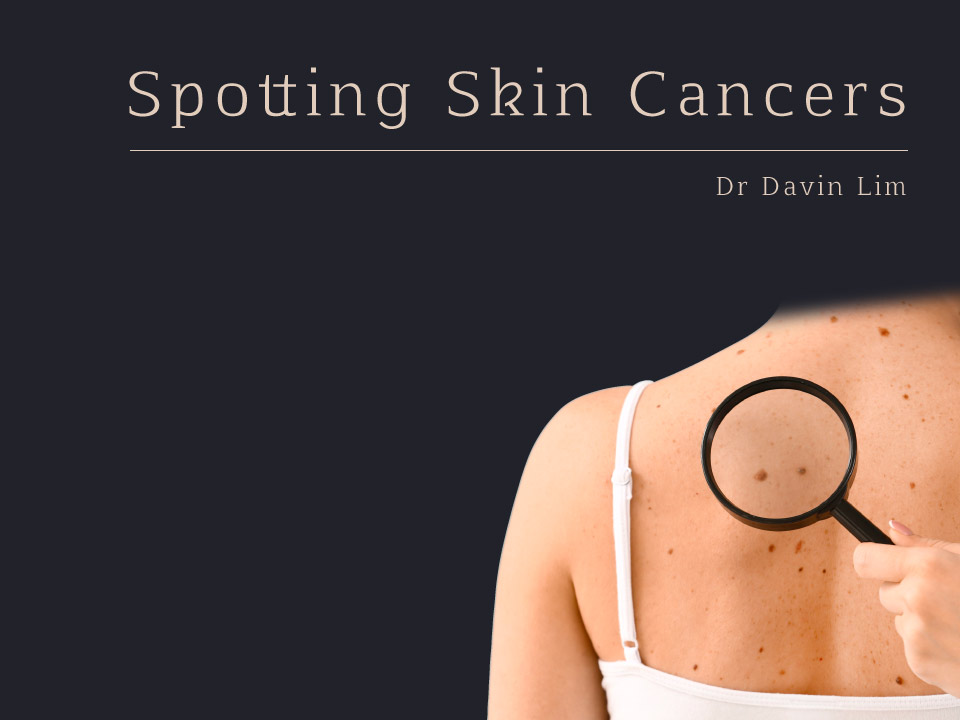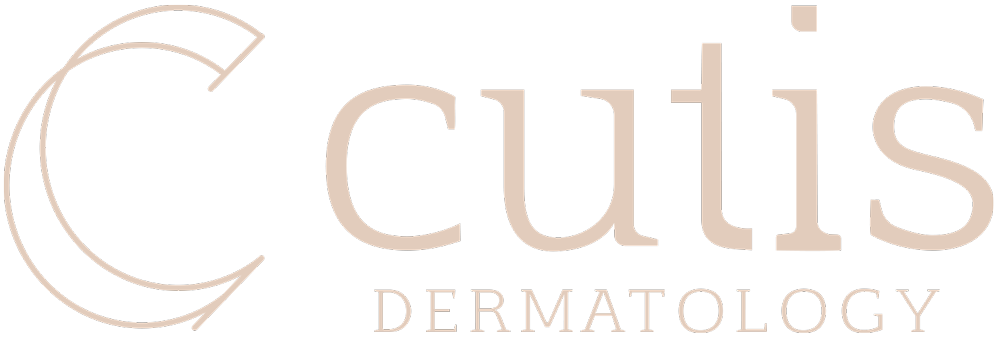Basal cell cancers are the most common form of skin cancer. These forms of skin cancer rarely spread; however, they can cause destruction of tissue over time. Depending on the type of basal cell cancer, treatment methods include surgery, freezing, creams, & photodynamic therapy. Your dermatologist will discuss the most appropriate treatment.
Key Points
- Basal cell cancers are common skin cancers
- 2 out of 3 Australians will develop skin cancer
- Early detection & treatment improves outcomes
- Some forms of basal cell cancer can be treated with creams
- Photodynamic therapy is another non-surgical option
- The treatment of choice depends on the type of basal cell cancer
Basal Cell Carcinoma Treatment at a glance
Our results speak for themselves
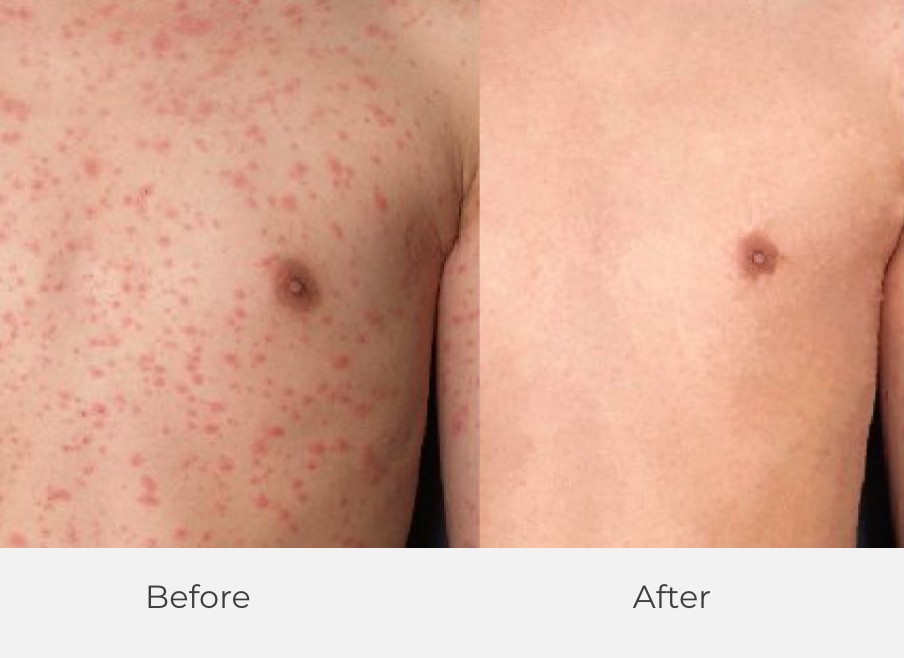
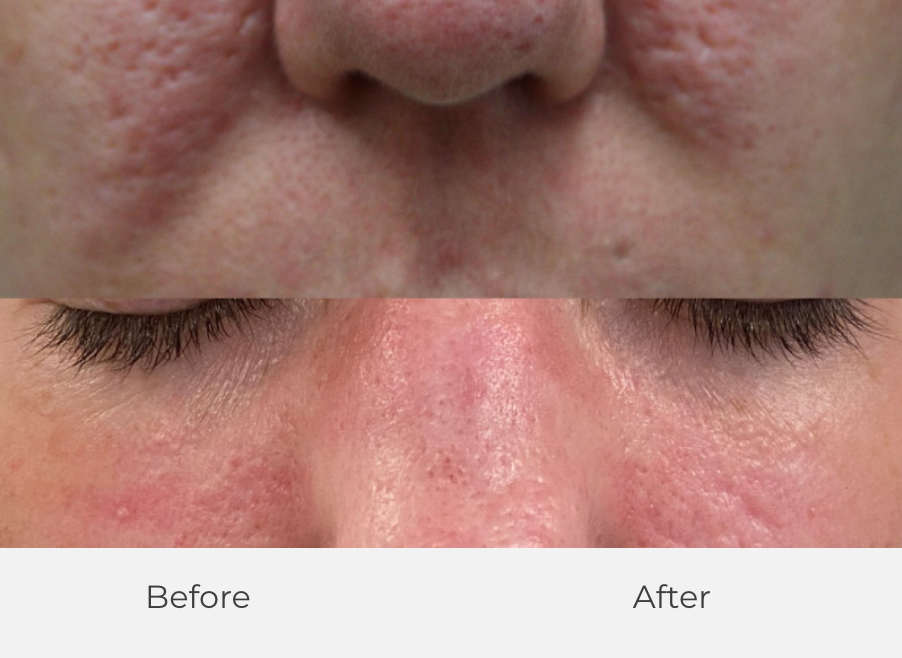
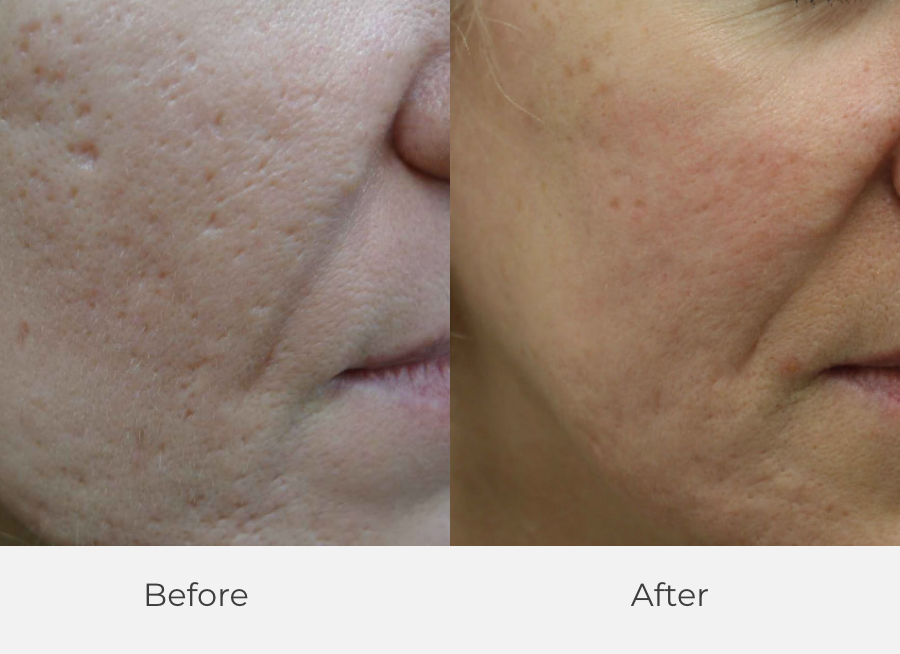
FAQs
What is a basal cell carcinoma?
There are two main types of skin cancer, namely melanoma & non-melanoma skin cancer. BCC is a non-melanoma skin cancer. It is the most common type of skin cancer in Australia. 2 out of 3 Australians will develop skin cancer at some stage of their life.
What does a basal cell carcinoma look like?
BCCs can vary greatly in their appearance. They can be flat & shiny, or nodular & raised. The colour can be pearly, red, or black. Late stage BCCs will ulcerate. Most BCCs are painless, although sometimes they can be itchy or bleed if caught.
How will my basal cell carcinoma be diagnosed?
In most cases a dermatologist can tell if it’s a cancer due to the clinical appearance. A skin biopsy can be performed under local anaesthetic to confirm the diagnosis. A dermatoscope can also be useful.
What non-surgical options are there for basal cell cancers?
Non-surgical options include photodynamic therapy as well as a cream called imiquimod. These options are appropriate for thin, non-invasive basal cell cancers, namely superficial BCCs.
Non-surgical options have the advantage of no skin scars after treatment. Your dermatologist will guide you as to the treatment options based upon your skin cancer subtype.
How often should you get your skin checked?
If you have had a basal cell cancer diagnosed, chances are you will get more.
The incidence of developing BCCs increases with age. Data indicate that BCC incidence is far higher (more than 100-fold) in persons aged 55-70 years than in those aged 20 years and younger.
Your dermatologist will guide you as to the most appropriate intervals, as this can be as frequent as 3 months, or as long as 18 months.
What types of BBCs are there, & how to treat them?
Treatments are based upon the subtype of BCCs. Dermatologists & plastic surgeons follow this algorithm-
- Superficial BCCs: amenable to PDT, Aldara, freezing & curettes
- Solid or nodular BCCs: best surgically removed, can use a curette
- Pigmented BCCs: can be excised, frozen, Aldara or curette
- Micronodular BCCs: should be excised with margin control
- BCCs with perineural invasion: excision with margins +/- radiotherapy
- Basosquamous cancers: wide excision or margin control
- Recurrent BCCs: wide excision or margin control
Products

O Cosmedics cleansing range
$63.00-$64.00

O Biotics 3D Hyaluronic Serum
From $97.00
Early detection of basal cell cancers reduces the need for extensive surgery, in turn reducing scarring. Dermatologists can guide you as to non-surgical methods to treat skin cancers.
Can basal cell carcinomas be cured?
Yes, BCCs can be cured in almost every case providing excision margins are adequate. Surgery has the highest cure rate followed by curettes.
Recurrence is higher if the BCC has been neglected for a long time, or sites such as nose or ears are involved. Your dermatologist will discuss the probable cure rates & surveillance required post treatment.
Do basal cell cancers spread?
BCCs rarely spread to other parts of the body. Therefore, although it is a type of skin cancer it is almost never a danger to life. Rare variants including perineural or nerve invasion are more aggressive, however still amenable to Mohs surgery & radiotherapy.
Are basal cell carcinomas hereditary?
Gorlin’s syndrome is a rare genetic disorder that gives BCCs. Skin cancers can also run-in families. The genetics are complex.
Can vitamins reduce skin cancers?
In a randomized controlled trial performed in Australia (published in the New England Journal of Medicine), the risks of basal cell carcinoma and squamous cell carcinoma were significantly reduced — by 23% by twice daily intake of niacinamide.
The use of sunscreen & sensible supplementation is a great adjunct to regular skin checks.
What is the difference between a dermatologist & a skin cancer doctor?
5 years of additional education in a tertiary hospital. Dermatologists undertake an additional 4 years of formal education, often with an extra year before or after training to specialize in management of complex skin cancers.
Dermatologists undertake high level management of skin cancers as we are involved in multidisciplinary clinics that include ENT, plastics, & radiation therapy. We manage all forms of skin cancers including simple NMSC & melanomas, as well as super rare ones.
What is Mohs & when is it indicated?
Mohs micrographic surgery is used to treat more complex skin cancers including recurrent basal cell cancers, high risk pathology or surgery in sites of tissue conservation.
This technique uses microscope control to ensure that the cancer is out whilst sparring normal tissue. 95% of primary skin cancers do not require Mohs, however it is an invaluable tool for a minority of cases. Your dermatologist will refer you to either a Mohs surgeon or a plastic surgeon for frozen section margin control.

